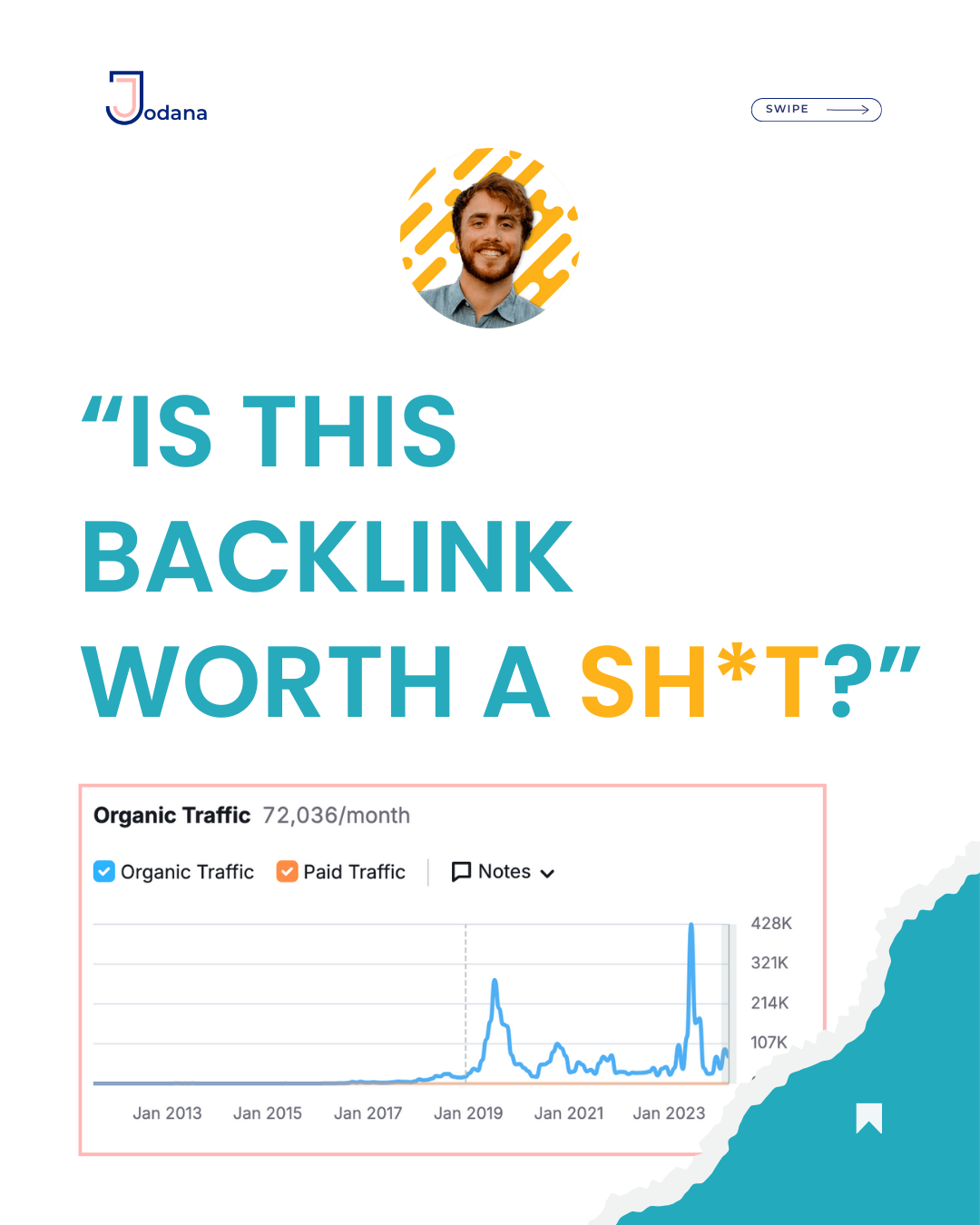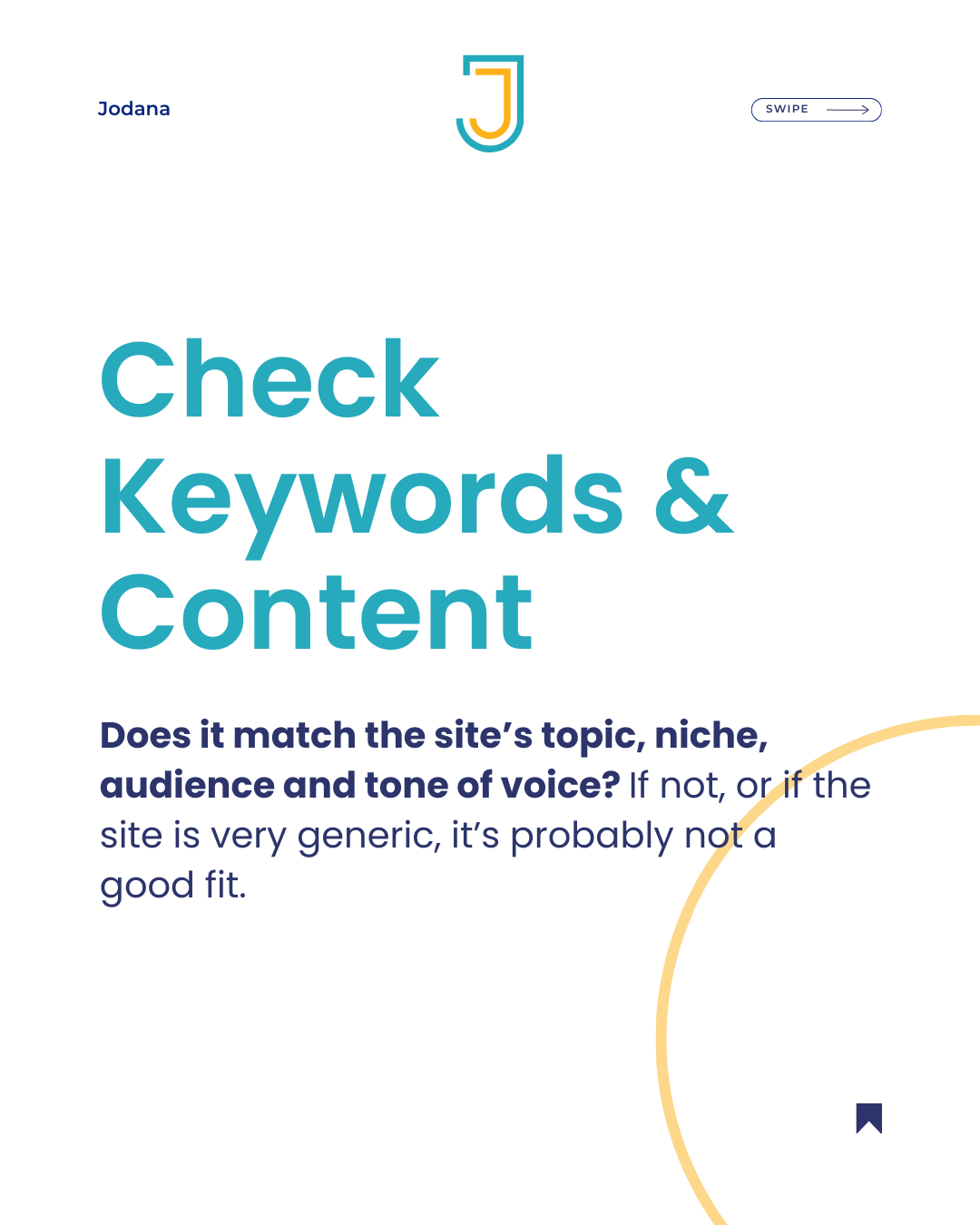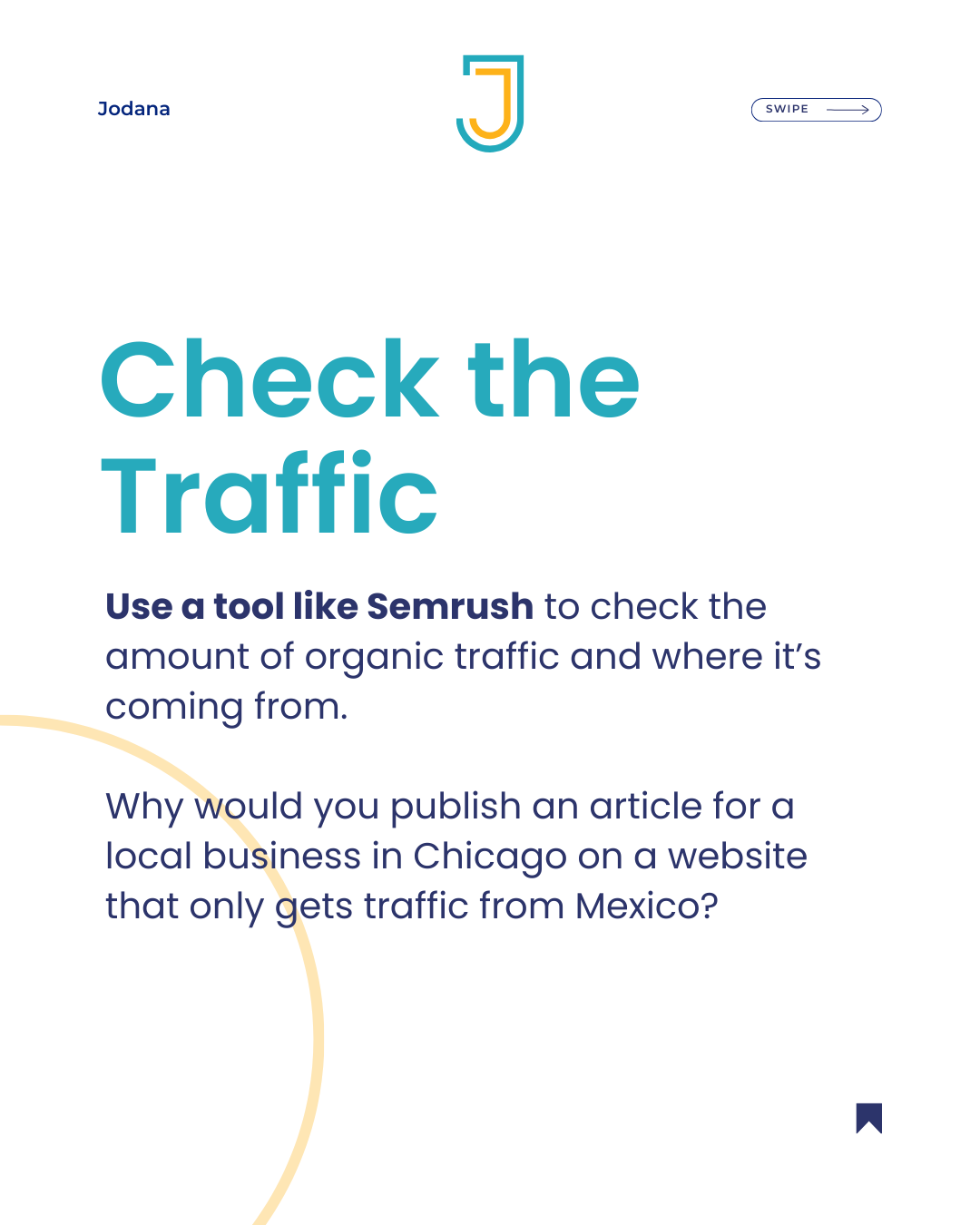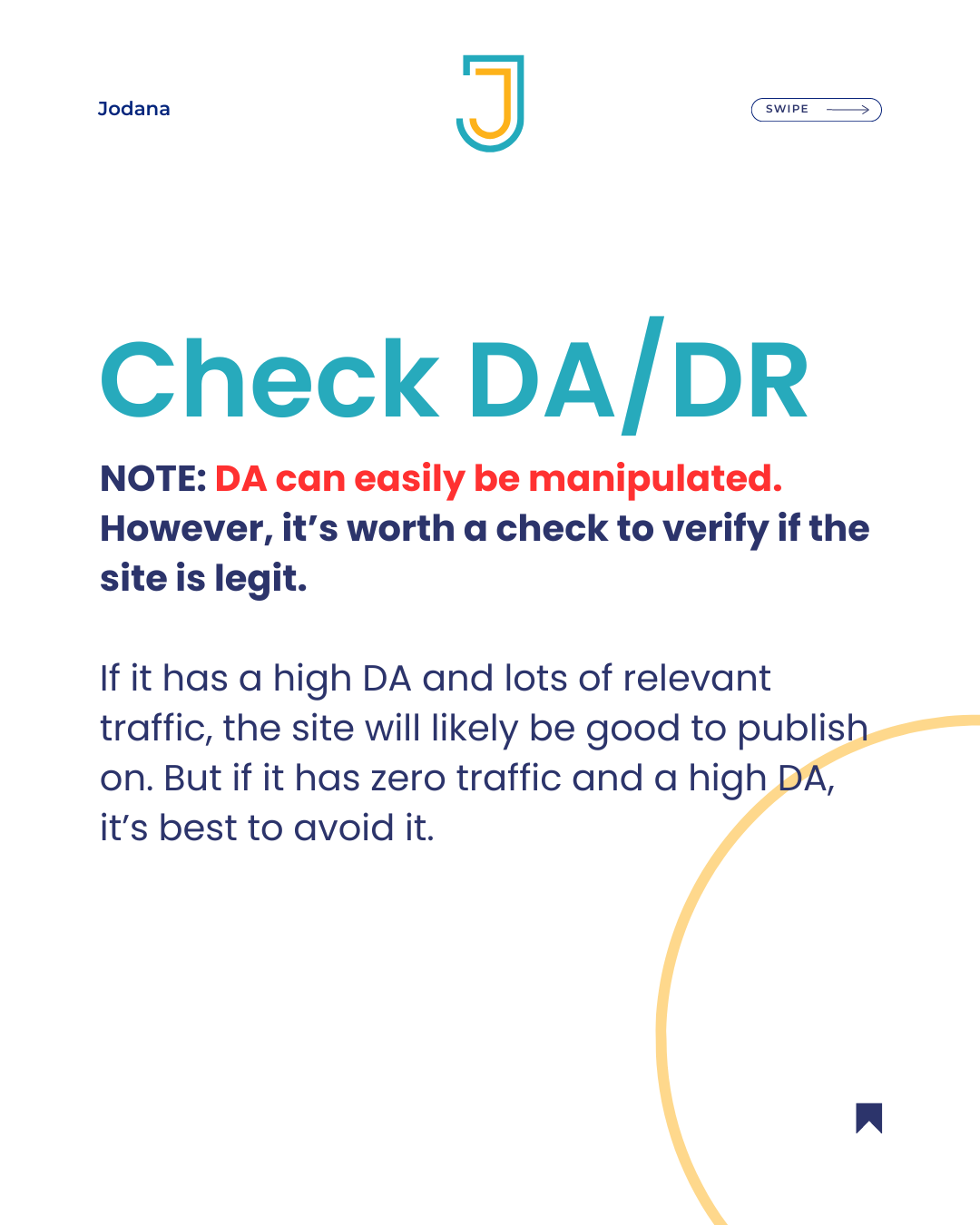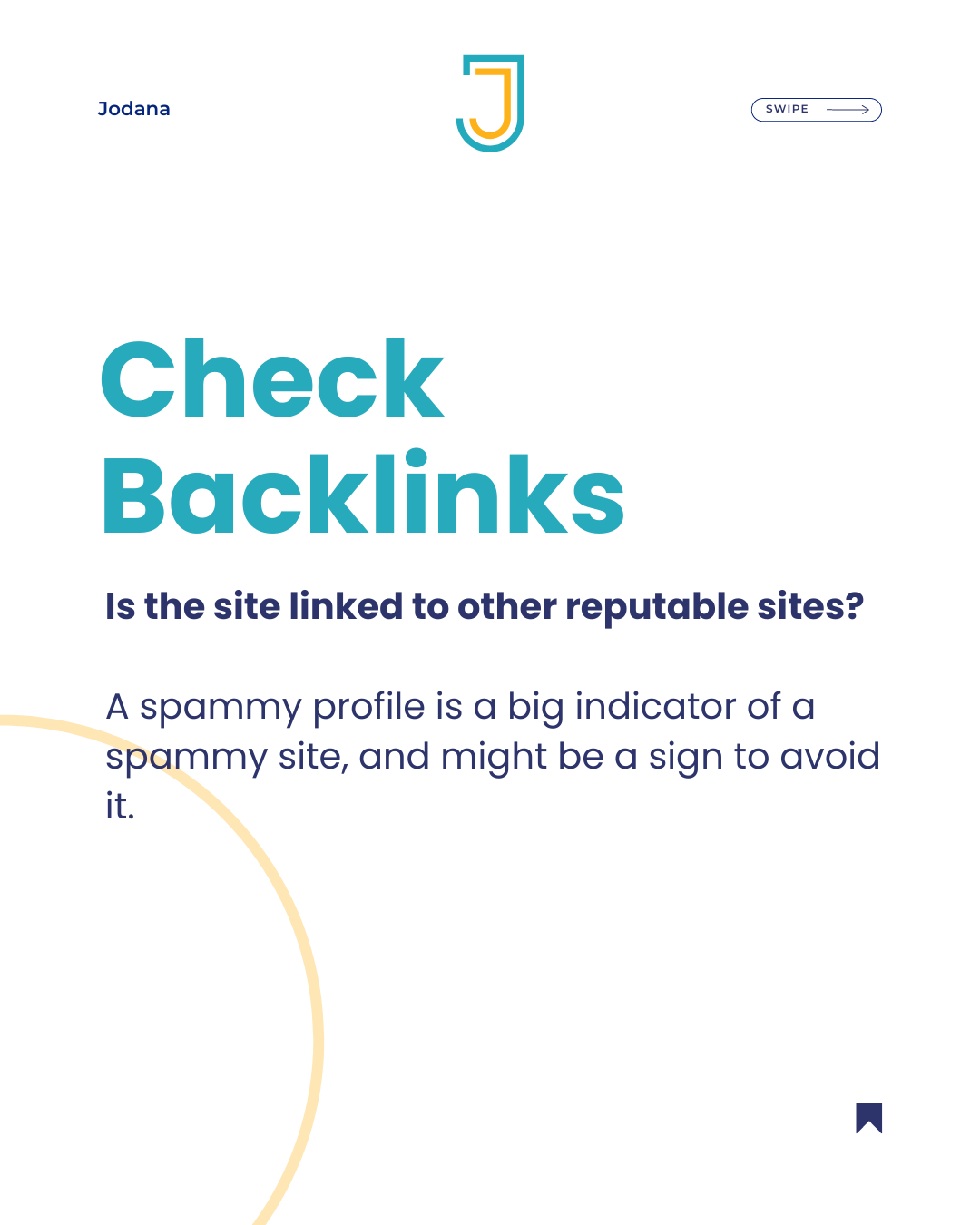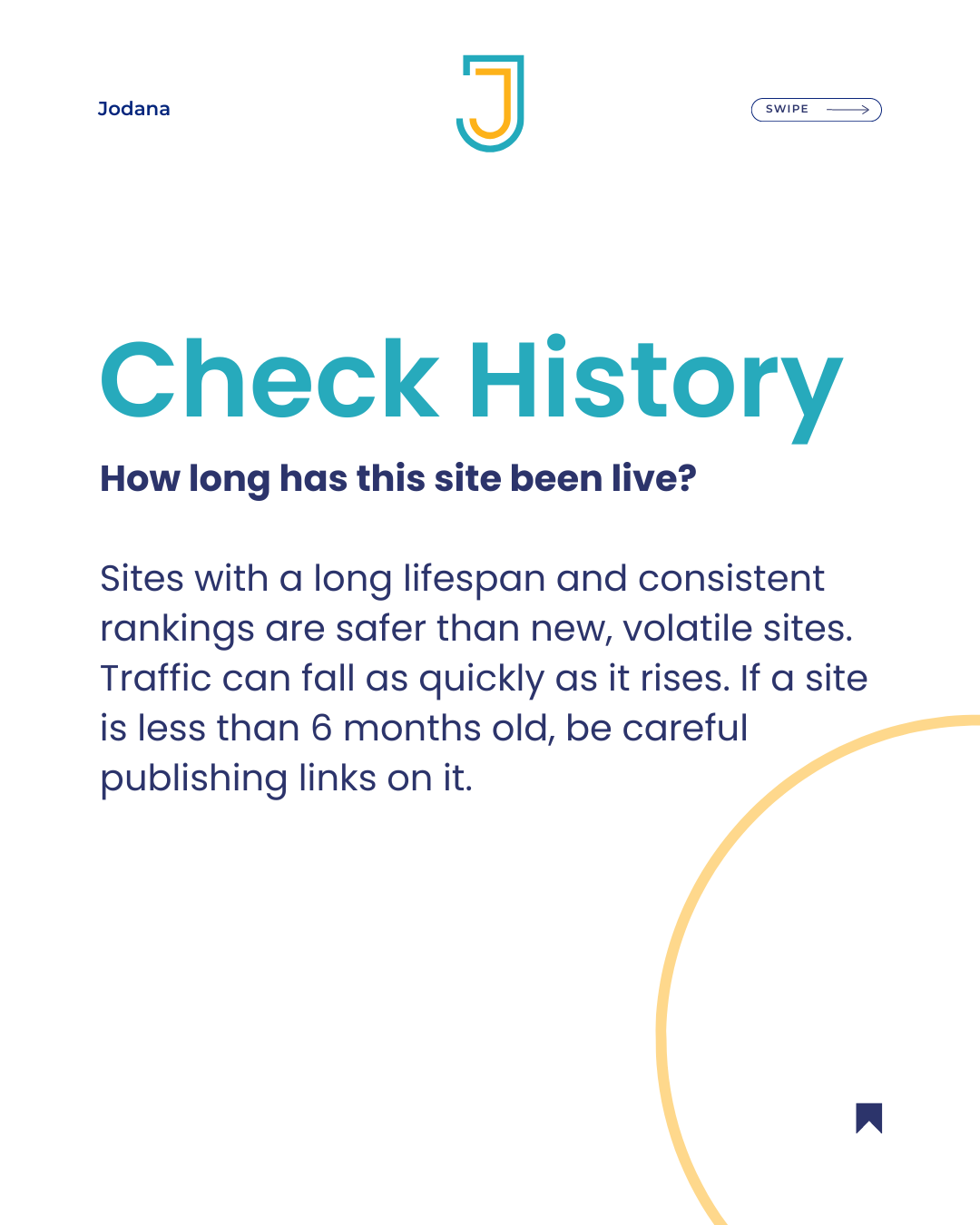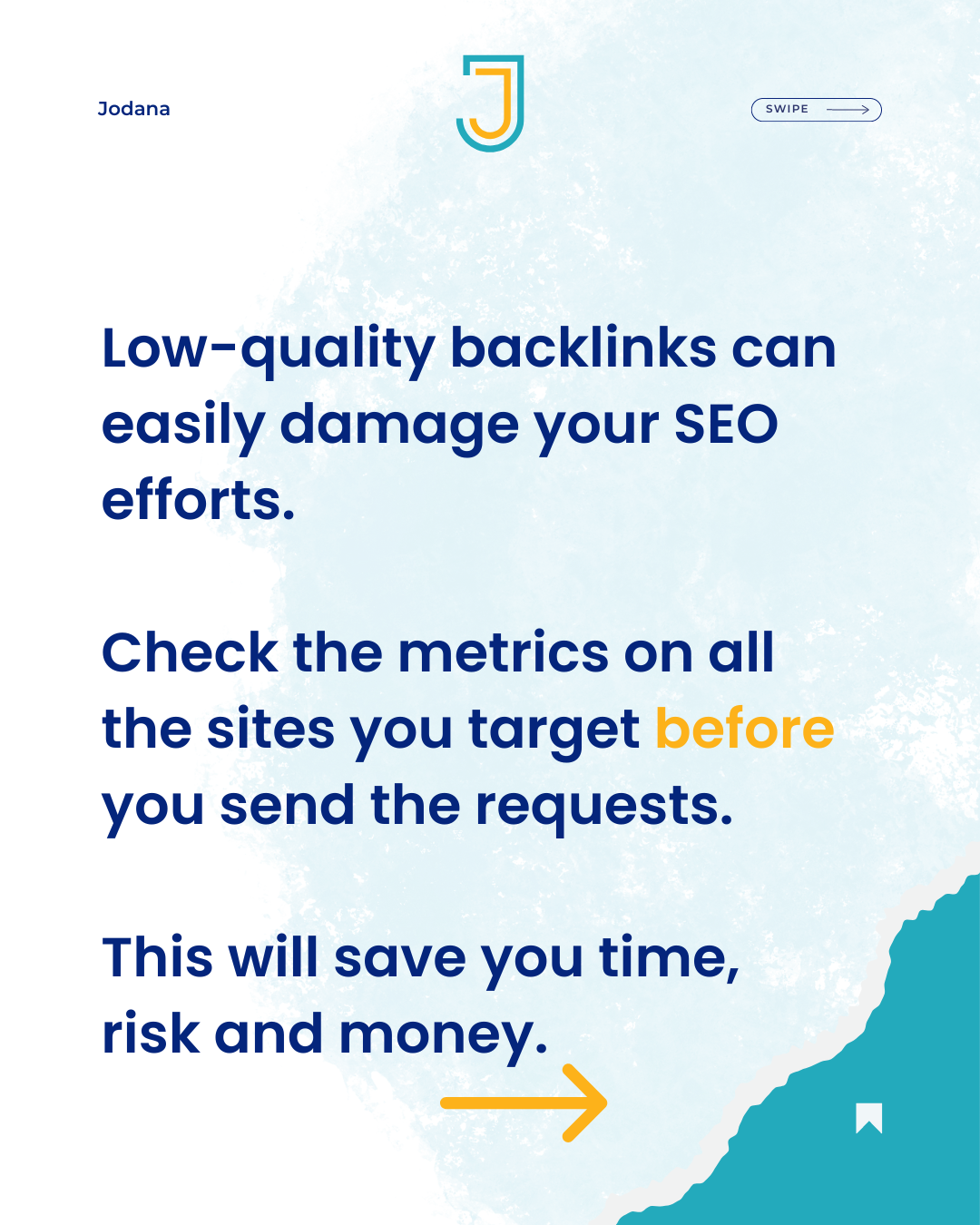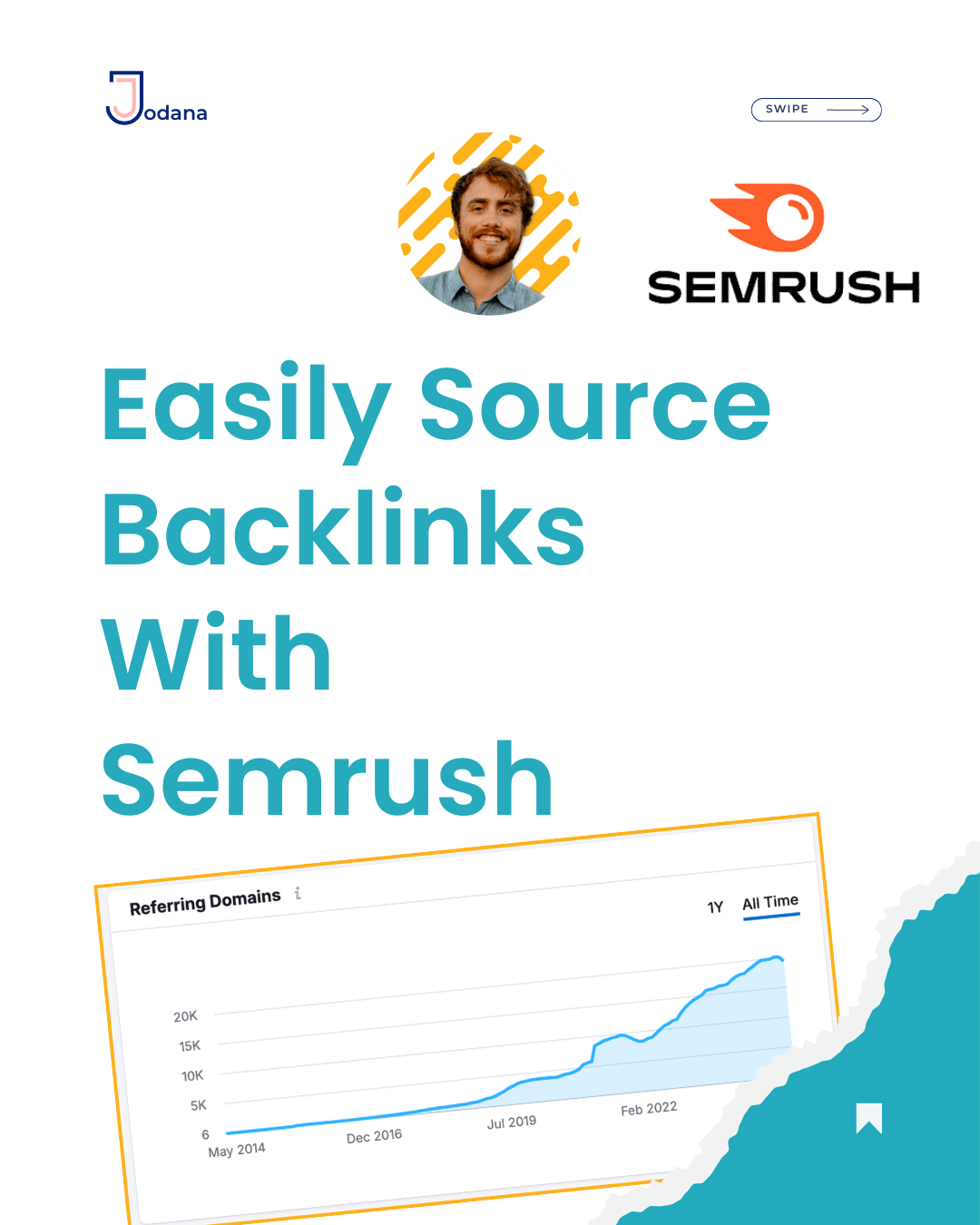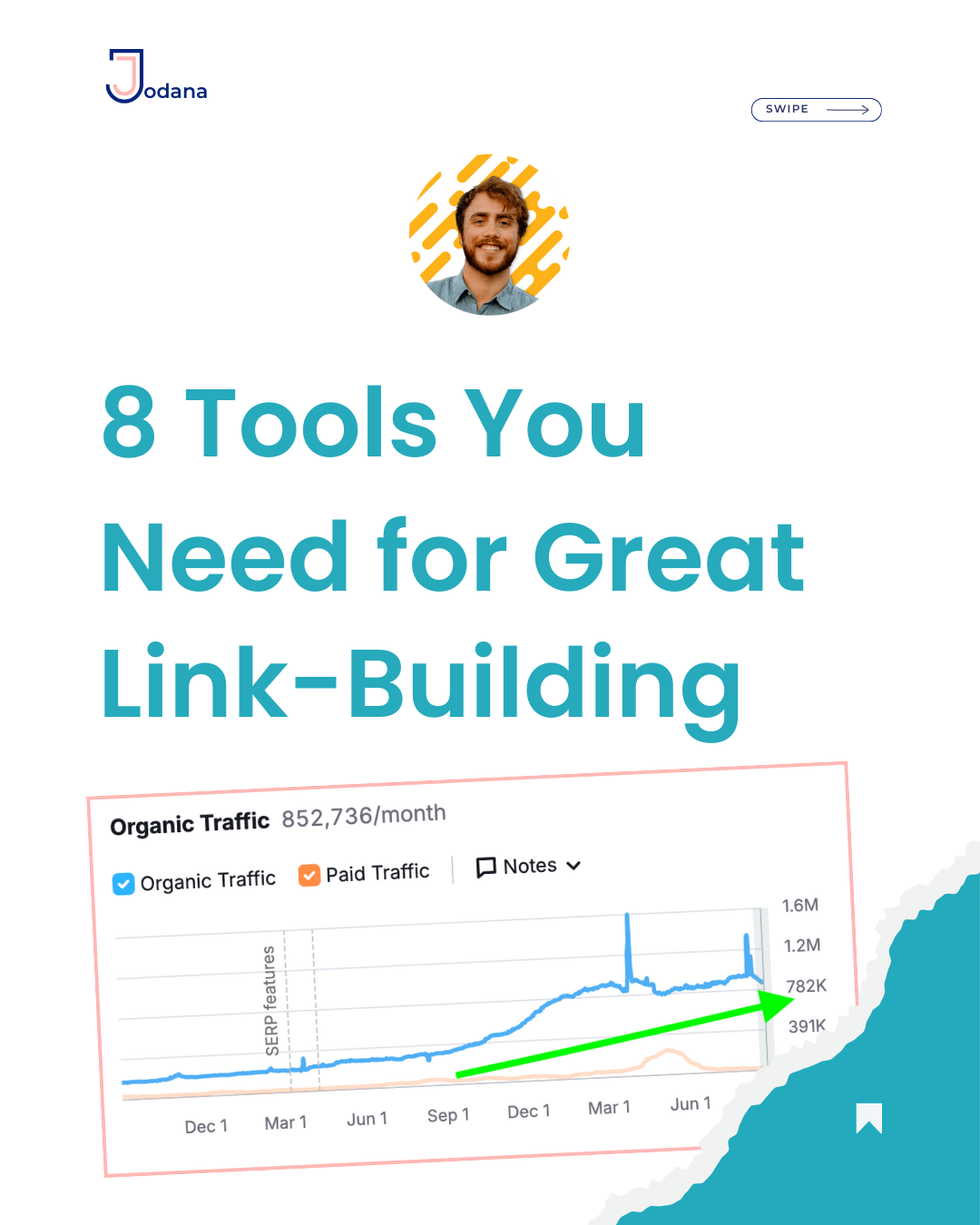How to Test the Value of a Backlink (With Free PDF Guide)
When it comes to SEO, not all backlinks are created equal.
In fact, some backlinks can damage your SEO efforts if they come from low-quality or irrelevant sites.
So, how do you determine whether a backlink is worth your investment or effort?
In this post, we’ll break down the key factors you need to evaluate to ensure you’re getting
high-quality backlinks that boost your rankings and don’t waste your time or money.
1. Match the Keywords and Content
Before investing in a backlink, check whether the content of the site aligns with your own niche, audience, and tone of voice.
Relevance is key in SEO; if a website doesn’t match your industry or doesn’t appeal to your audience, the backlink is unlikely to hold much value.
For example, if you’re publishing content about eco-friendly products, it doesn’t make sense to get a backlink from a generic site about car repairs.
The backlink won’t pass much SEO value, and it could even signal to search engines that your site isn’t credible.
Pro Tip: Avoid overly generic websites or ones that don’t focus on a specific niche, as these are often low-quality.
2. Analyze the Traffic
The next step is to check the amount and quality of traffic the site receives.
Using tools like Semrush, you can get insights into where the site’s traffic is coming from and how much organic traffic it’s generating.
For instance, if you’re targeting a local business in Chicago, but the website where you’re getting a backlink only receives traffic from Mexico, the backlink isn’t likely to bring much value to your target audience.
Always ensure that the site’s audience and geography align with your own.
3. Evaluate Domain Authority (DA) and Domain Rating (DR)
Domain Authority (DA) and Domain Rating (DR) are popular metrics used to gauge the overall quality of a website.
However,
it’s important to remember that these can be manipulated and aren’t the only factors to consider.
A high DA combined with solid traffic is usually a good sign that the website is reputable. However, if the site has a high DA but minimal traffic, it’s a red flag. In such cases, the site may be artificially inflating its DA without having genuine value.
Key Takeaway: A high DA alone doesn’t guarantee quality. Always consider traffic alongside DA to make sure the site is worth your time.
4. Inspect the Site’s Backlink Profile
A site’s backlink profile can tell you a lot about its overall quality.
If the website has backlinks from reputable sources, it’s likely a trustworthy site.
Conversely, if its backlink profile is filled with spammy or low-quality links, this is a warning sign.
Google and other search engines may penalise your site if you’re linked from spammy websites, so always check the link profile before requesting or purchasing a backlink.
5. Check the Site’s History
How long has the website been active?
Older, established sites that have consistently ranked well over time are generally safer for backlinks.
New sites, on the other hand, are riskier because their rankings can fluctuate dramatically.
A site that’s less than six months old is particularly volatile, so you should approach backlinks from such sites with caution.
Pro Tip: Look for sites with a proven track record of stability and consistent traffic growth.
6. Consider the Costs vs. Benefits
Sometimes, you may be asked to pay for a backlink, especially for guest posts or sponsored content.
Before you invest, you need to determine if the backlink is worth the cost.
A high-quality backlink from a reputable, traffic-heavy site can be worth the investment, but a backlink from a low-quality site might not.
Use the criteria above to assess whether the website is likely to give you the SEO boost you’re looking for.
If the site ticks all the boxes; relevant content, good traffic, strong DA, clean backlink profile, and a solid history; then it’s worth considering the investment.
Why Backlink Quality Matters
Low-quality backlinks can damage your SEO efforts.
Google’s algorithm looks at both the quality and quantity of backlinks when determining a site’s ranking.
Therefore, it’s important to evaluate the value of every backlink you target before adding it to your SEO strategy.
By focusing on quality backlinks, you will:
- Improve your search engine rankings.
- Increase the organic traffic to your website.
- Boost your site’s credibility and authority within your niche.
Remember, a good backlink should drive relevant traffic to your website and positively influence your SEO.
Use these six steps to ensure the backlinks you’re building are worth the effort and investment.
Hi, I’m
Zach Argyle, founder of
Jodana, where I help SEOs and agencies build stronger, more resilient backlinks. Want more link-building tips? Follow me for insights that will elevate your SEO game.
Recent Posts
Ready to Take the Next Step?
Get custom link-building strategies for unparalleled SEO results.
Elevate your backlinks and start generating real leads with us.

